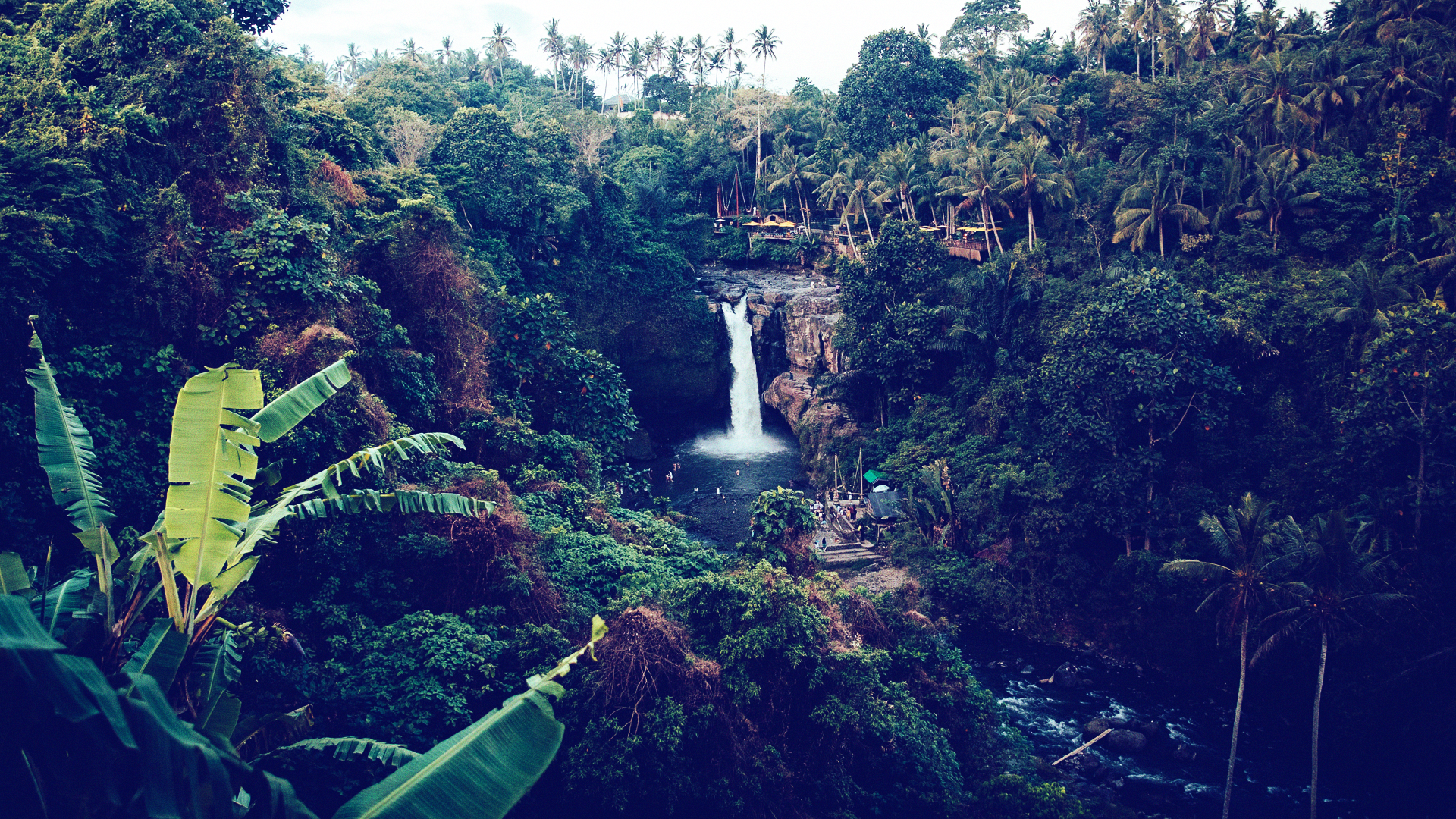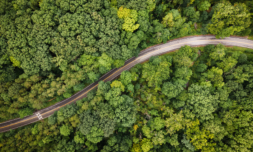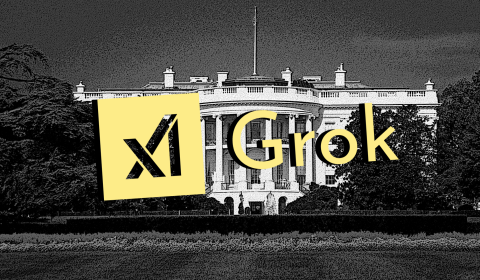As deforestation becomes an increasingly pertinent issue for the Amazon rainforest and its indigenous peoples, a new exposé reveals plots of land are being illegally sold through Facebook ads.
Recently, it seems every passing week throws out a new troubling story about threats to the Amazon’s biodiversity and its indigenous peoples.
Forced to contend with the worst wildfires in a decade over the last two years, and facing the potential bulldozing of national parks to accommodate a 94-mile highway, rights groups in Brazil are at constant odds with the government over how best to confront a pandemic of the region’s own variety: deforestation.
The Amazon is now facing the grim possibility of irreversible damage. In-fact, the WWF estimates that more than a quarter of the rainforest will be without trees by 2030 if the current rate of deforestation remains unchanged.
Ecological matters are handled guardedly by President Jair Bolsonaro and his right wing constituency as they aim to tackle issues internally, but an alarming exposé from the BBC this week is likely to take the matter beyond the borders of Brazil.
Parts of Brazil's Amazon rainforest are being illegally sold on Facebook, BBC investigation findshttps://t.co/Vc47LH9CTe
— BBC News (World) (@BBCWorld) February 26, 2021
Illegal plots sold on Facebook
An investigation from the BBC has uncovered a marketplace for the illegal sale of plots of land within the Amazon rainforest, the sellers brazenly popping up in classified ads on Facebook’s Marketplace feature.
The BBC suggests that a quick search of Portuguese buzzwords meaning ‘forest,’ ‘native jungle,’ and ‘timber’ within the search tool returned illegal listings for plots of land in protected areas – with many of them reserved to shield indigenous communities.
Often featuring satellite images and GPS co-ordinates, sales for areas covering the equivalent span of 1000 football pitches were either active or had closed. Those making the sales of up to $35,000 were without the necessary titles to prove ownership of land under Brazilian law.
With deforestation at a 12-year high within the region, the risk of being penalised for invading land and torching it to eventually create lucrative farmlands or cattle ranches is incredibly low. Therefore, those with shady business aspirations now view the rainforest as a huge investment opportunity.
A common strategy is to deforest land and then plead with politicians to abolish its ‘protected status,’ on the basis it no longer serves its original purpose. Worryingly, this seems to work very well too.



















